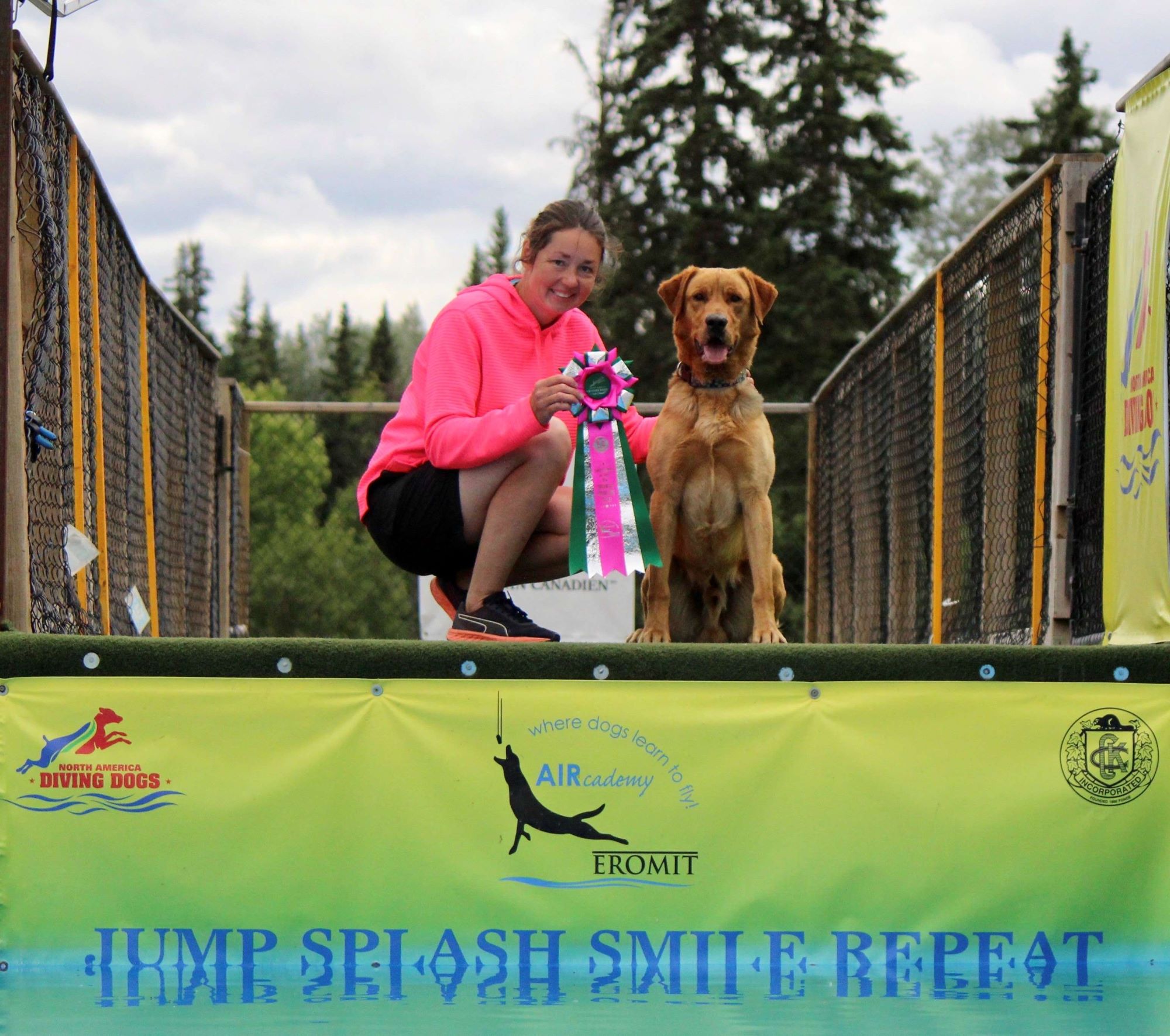Course Details
Senior dogs are the best, aren't they? Mature, skilled, and in tune with us! But, this is also the life stage when a bit of worry starts to creep into our thoughts. Are they strong enough? Am I doing enough to keep my older dog fit and happy? How do I know if my dog's aging is progressing normally? If you find that you are asking yourself any of those questions, this class may be for you!
What is a senior dog anyway?
Commonly, giant breeds are described as seniors starting at 5 or 6 years of age; medium to large breeds at 7 or 8 and smaller dogs a little later in life. But this class doesn’t require that your dog fits into any particular age frame. If you feel like your dog is starting to show signs of aging or even if this is just something you are worried about for the future, this class will help you be proactive in their senior care. If your dog is already deep into their retirement and teetering on becoming an antique, you are welcome here too! Anyone who is willing to really dive into the individual and changing needs of their dog will find this class useful.
Concepts of enrichment, conditioning, and husbandry skills will be our focus as we look at a series of games and exercises that can be modified to suit seniors of all abilities. There is an emphasis on promoting what your dog CAN do, maintaining and building strength, and focusing on the positive! Older dogs often find patterns and routines comforting, so we’ll examine how to provide the security of structure - but without turning life into a bore. We’ll explore ways to add safe, interesting twists to their daily schedule that require little in the way of time or equipment, but add a lot in terms of joy and bonding and will bring a sense of purpose back to your training time together! And because older dogs often do require more veterinary and grooming care, but frequently grow less excited about these things with age, we'll spend some time making sure the care tasks you'll use most often are fun and doable for your dog.
This class is suitable for handlers of all skill levels. The conditioning exercises in this class are foundation-level functional exercises that can be adapted to a wide range of dogs, but are not meant to replace veterinary care for dogs with active injuries or rehabilitation needs.
Teaching Approach
*NEW FOR 2025- This class has a Training Assistant to help guide bronze and silver level students!*
Lectures will be released at the beginning of each week. Each week's topics will be divided into 4 categories:
A) Concepts on Training and Aging relevant to the class homework
B) Brain Games
C) Conditioning Exercise & Movement Puzzles
D) Cooperative Care Skills
Lectures will contain written material which includes descriptions of all exercises in detail, supplemented by short demonstration videos- generally one minute or less in length- selected to highlight specific parts of the exercise that are most important, helpful steps to introducing your dog to the exercise, or progressive challenges on an exercise your dog has already learned.
In this class, the basic lesson plan and homework will begin the same for all students, but Gold students can expect to receive personalized modifications when suitable for their dog, which may be presented via written description or video example. Gold and Silver level student feedback is provided in a kind, supportive, and detailed format. Students may or may not get through all Conditioning or Cooperative Care Skill exercises during the 6 weeks of the class- progress will depend on their individual dog's current fitness level, past training history, and their individual personality- but all students who are able to practice short sessions two or 3 times a week should be able to participate in all of the Brain Games activities or a modification thereof.
*** Outdoor exercise and activities will be discussed and explained but each week will have exercises that are meant to be completed indoors. Teams in all climates will be able to participate in this class regardless of weather.
 Instructor: Erin Lynes
Instructor: Erin LynesErin (she/her) is a lifelong dog enthusiast from Quesnel, British Columbia, Canada. Erin is certified as a Karen Pryor Academy Training Partner, a Certified Professional Canine Fitness Trainer, a Licensed Family Dog Mediator, and as a Cani-Fit Leader, ...(Click here for full bio and to view Erin's upcoming courses)


